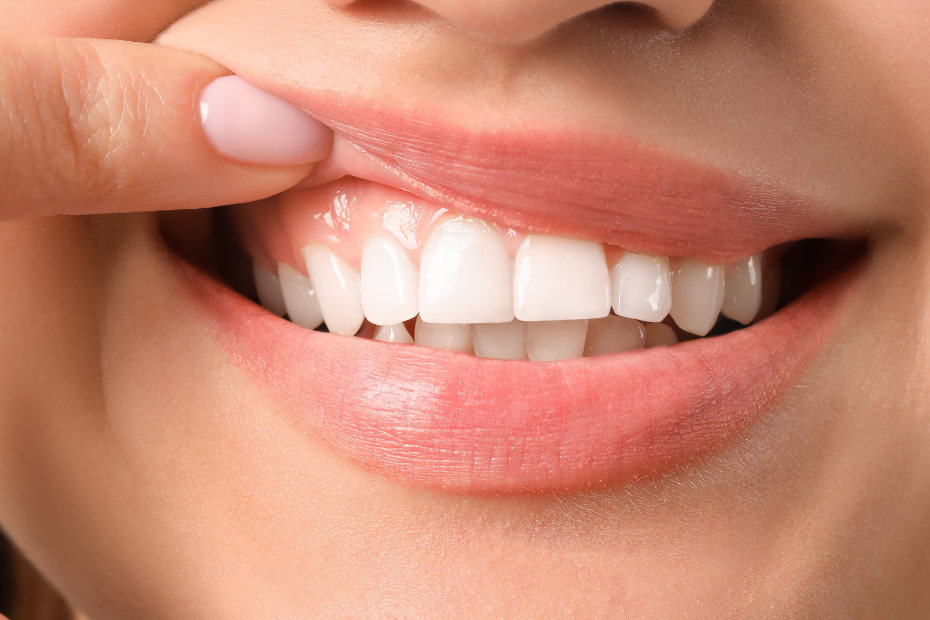Receding gums can be a concerning oral health issue and a major cause of tooth loss, with 50% of people having some form of gum recession, according to studies. Understanding the causes of receding gums is essential for preventing their occurrence and providing early intervention.
There are various contributing factors leading to gum recession, some of which we have covered below:
What Are Receding Gums?
Gum recession is where gum tissue pulls back, exposing tooth roots and increasing the risk of sensitivity and decay. It may occur over time or, in some cases, more rapidly, but gum recession can be a concerning issue that may lead to root decay and tooth sensitivity, and is a sign of gum disease.
What Causes Receding Gums?
Aggressive Brushing
Vigorous brushing or using a hard-bristled brush applies excessive pressure, wearing away the gum tissue and contributing to recession.
Dental Plaque
When plaque is not adequately removed, it can lead to a possible bacterial infection, the creation of gum pockets, and gum inflammation, which leads to gum recession.
Gum Disease: Periodontitis
Poorly managed gum disease, particularly periodontitis, is characterised by infection and inflammation, and as the disease progresses, the gums recede, exposing the tooth roots and creating pockets where bacteria can thrive.
Teeth Grinding
Teeth grinding puts constant pressure and friction on gums, which can cause them to become irritated and recede over time.
Trauma To The Gum Tissue
Gum tissue trauma can disrupt the natural structure and attachment to the gumline, which can lead to gum recession.
Smoking Or Chewing Tobacco
These habits harmfully affect gums by restricting blood flow, slowing healing, and weakening your immune system’s defence against infection. As a result, these factors all contribute to gum recession.
In summary, acting against these contributing factors is essential to achieving and maintaining healthy gums and teeth. Moreover, if you’re dealing with these issues or have any questions, contact us today via phone at 01344 771615. Have you enjoyed the blog and want to read similar content? Check out our previous blog on the most common dental problems and how to avoid them!

